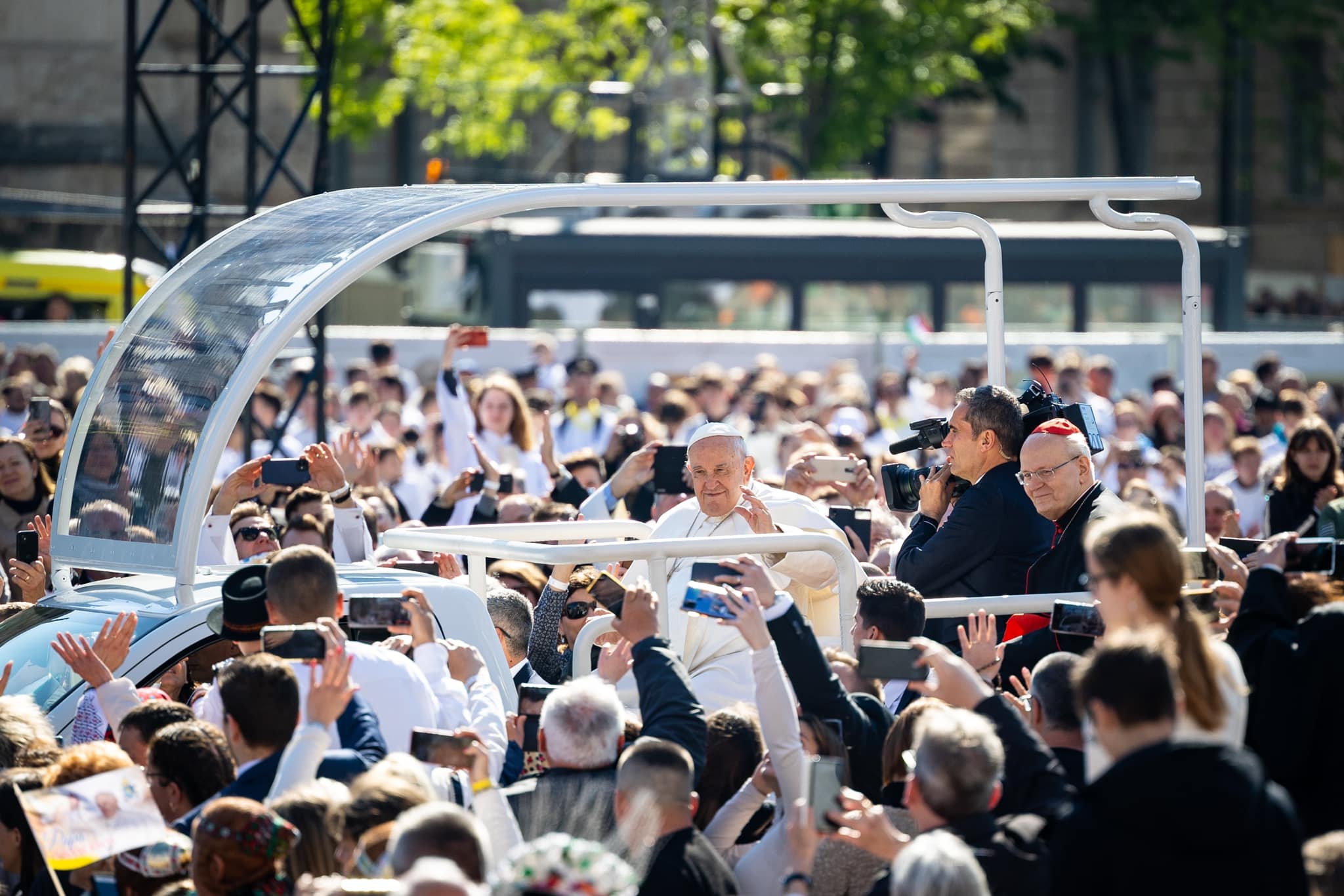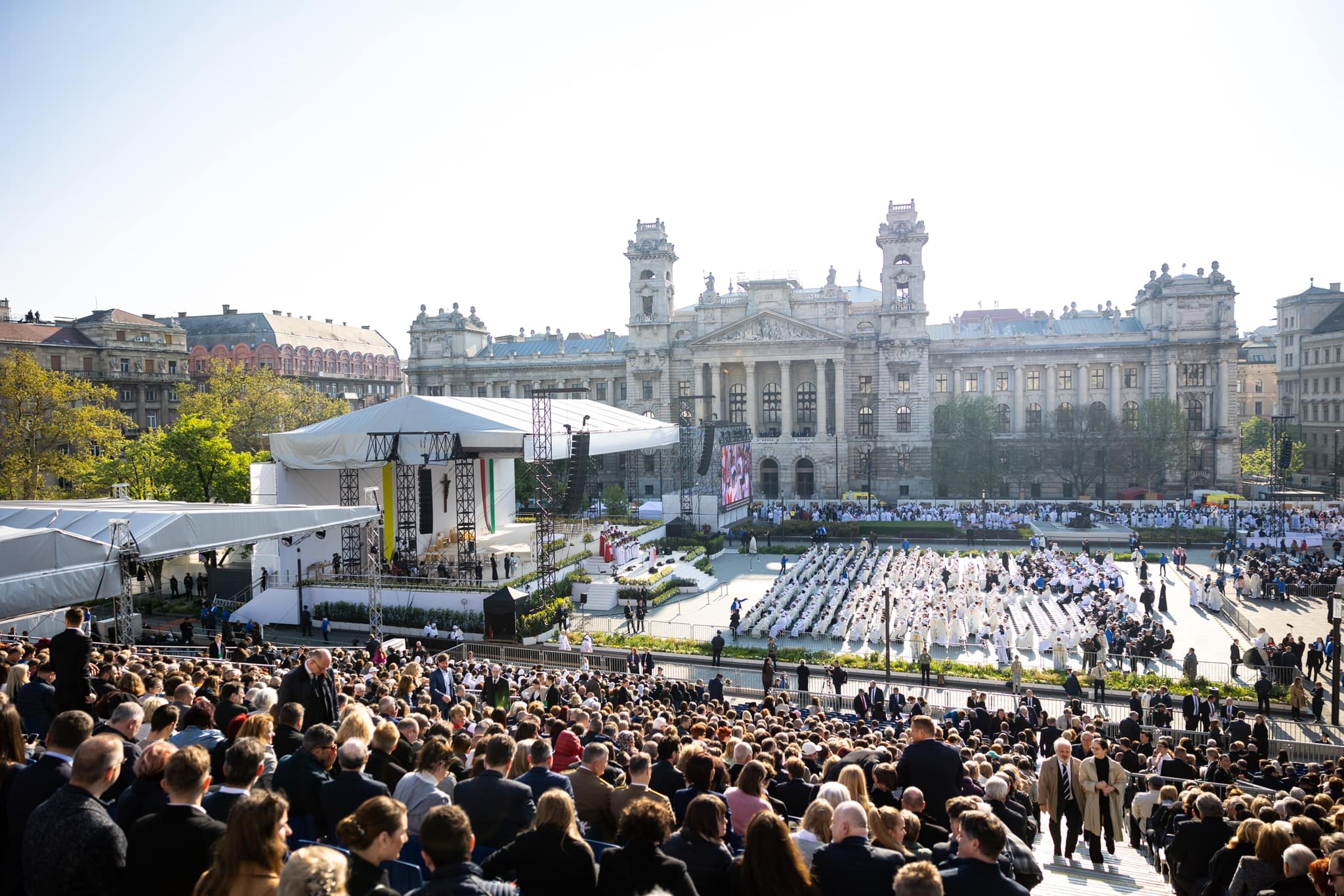
András Veres said the Holy Father's knowledge of Hungarian history was impressive.Continue reading

Pope Francis and the Hungarian government have similar views on several issues, Gladden Pappin, the incoming president of the Hungarian Institute of Foreign Affairs wrote in an article published on First Things. He pointed out that the media had tried in vain to create tension.
During last weekend’s papal visit, Pope Francis gave a passionate speech critiquing the “ideological colonization” that has overtaken the European project, and said that Christianity could provide a distinctive path for preserving the unity of Europe while also respecting national differences, Pappin writes.
In Budapest last weekend, a major European leader:
➡️passionately critiqued “ideological colonization”
➡️said Christianity provides a path to peace & unity
➡️lamented aging populations—& praised Hungarian pro-family policiesWho am I speaking of?⬇️ https://t.co/k02wasEZPB
— Gladden Pappin (@gjpappin) May 3, 2023
“The media have once again tried to drive a wedge between the Holy Father and Hungary, by acting as though the tensions of 2015 were still in the air—when Hungary closed its borders to migrants during the initial migratory crisis,” he recalled, adding that “though Hungary remains concerned about the danger mass migration would pose, the most pressing current issues are the war in neighboring Ukraine as well as hostility from other Western countries to Hungary’s child protection policies”.
The author reminded that Pope Francis called for a Christian balance respecting national sovereignty and identity while building a cooperative Europe as a whole—one that seeks “creative efforts for peace” on the international stage. The Holy Father denounced the “‘supranationalism’ that loses sight of the life of its peoples”. These thoughts are similar to the arguments of the Hungarian government.
According to Gladden Pappin, Hungary is pleading for connectivity among nations—not by dissolving them into a global order, but by creating practical relationships between them that respect national traditions, including religion. “It seems like something that only a Christian transnational viewpoint—rather than an isolated, culturally alien liberal one—can achieve,” he added.
Against a media backdrop determined to frame Hungary as Europe’s black sheep, it certainly seems that the Holy Father would prefer, as he often says, to “smell of the sheep,” he concluded.
Featured photo via Facebook/Novák Katalin